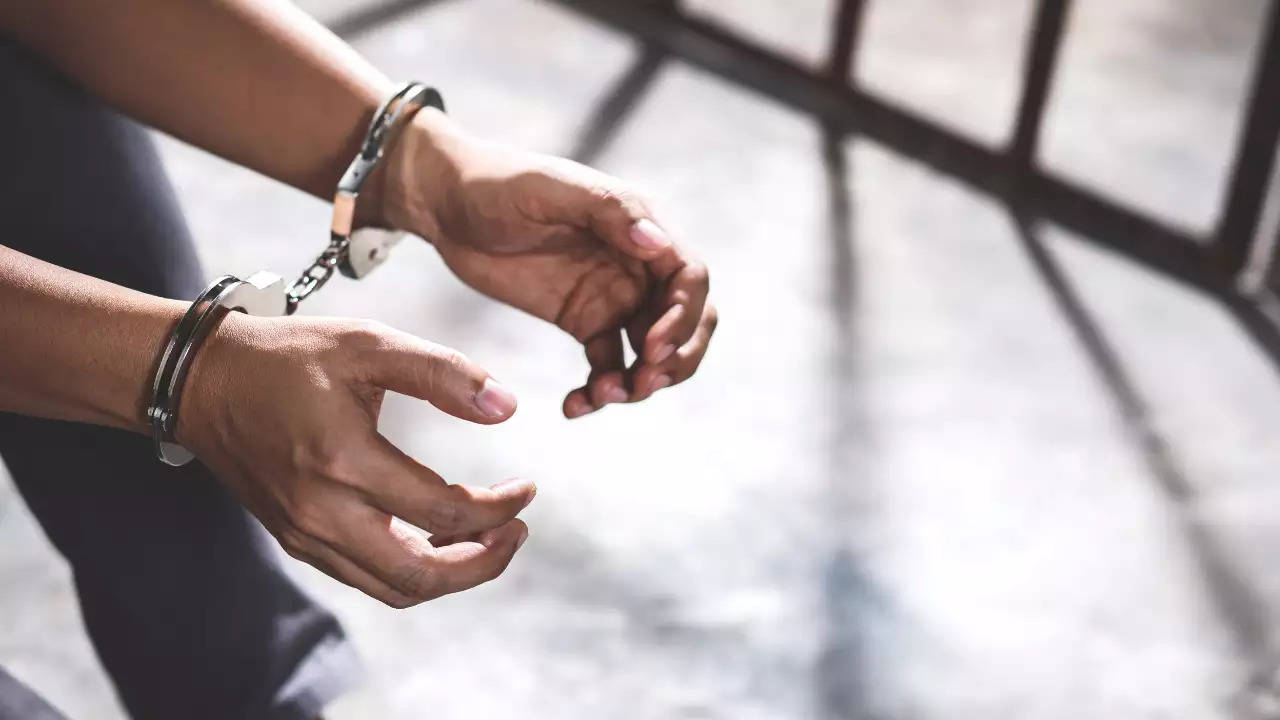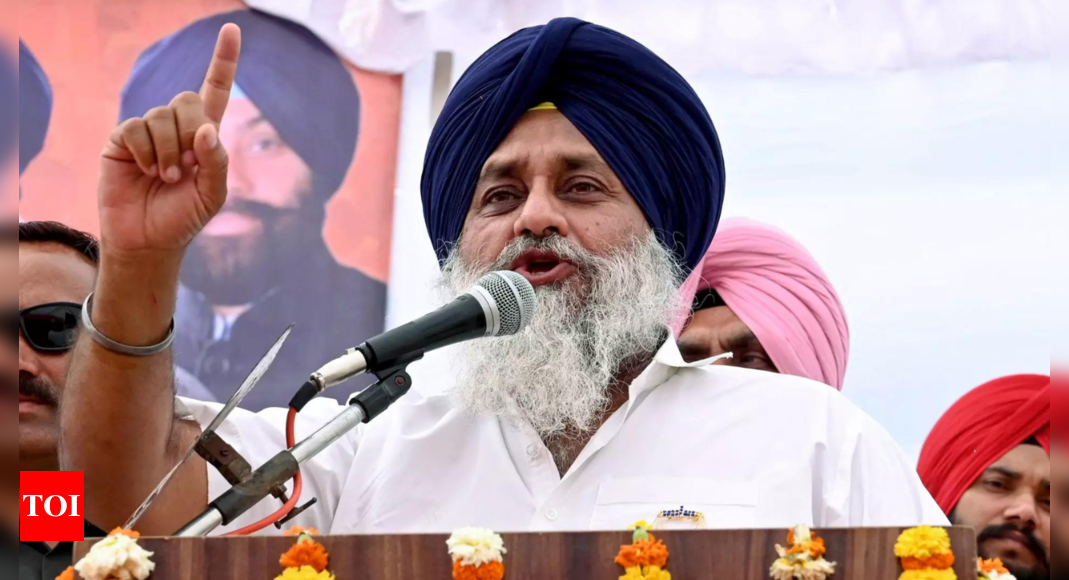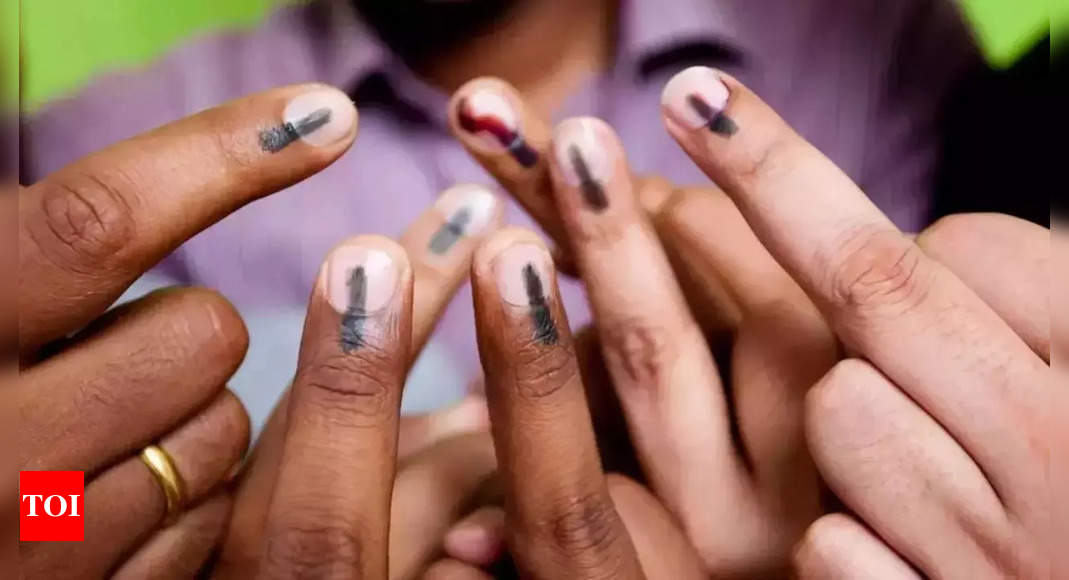NEW DELHI: At least 9,681 children below 18 years were wrongly incarcerated in adult prisons between Jan 2016 and Dec 2021, and an average of more than 1,600 children in conflict with law were transferred to childcare institutions every year, according to the findings released as part of a first-of-its-kind RTI-based national study of data collected from prisons across states.
With the report bringing focus on the critical role of police as a first point of contact, the findings were released at a panel discussion in the Capital by Rashmi, who is now an adult but was all of 17 in 2018 when she was sent to an adult jail with her age allegedly recorded by police as 19 even as she protested. After languishing in prison for nearly six years, she is finally out on bail with the support of lawyers from iProbono.
As per the law a child alleged to have committed or found guilty of an offence has to be placed in an observation home or a special home and cannot be sent to an adult prison.
At the launch, former Supreme Court judge, Justice S Ravindra Bhat asserted the need for holding the state accountable in cases of children wrongly incarcerated by making way for stringent monetary compensation provisions.
According to Gitanjali Prasad, the lead author of the study, the objective was to demand greater accountability and so RTIs were addressed between April 2022-March 2023 to prison headquarters in 28 states and two UTs. “The overall response rate of 50% underscores the fact that there are major lapses by state prison departments in fulfilling their voluntary disclosure obligations under the RTI Act.”
The data collated is from an overall response rate of 50% from 285 districts and central prisons out of 570. Two large states – Madhya Pradesh and West Bengal, respectively, and Nagaland and Ladakh provided no response to the RTIs.
The report also highlights data on visits of Juvenile Justice Boards to adult prisons to check if a child is being lodged there and to take immediate measures for the transfer of such children to child care homes.
In big states like Uttar Pradesh with a large prison population, 2,914 children were transferred from adult jails and there had been a mere 70 JJB visits. In Bihar, only 34% prisons responded to the RTI stating that 1,518 children were transferred and 95 JJB visits were conducted.
Interestingly, 90% of the prisons responded in Haryana putting the number of children transferred at 1,621. However, in the case of the national capital, merely 38% of prisons responded and shared that 767 children had been transferred.
The study highlights that in Jammu and Kashmir only one child has been reported to have been transferred, Odisha reported that no children were transferred and one of the two prisons in Goa responded saying they did not maintain a record of the information sought.
With the report bringing focus on the critical role of police as a first point of contact, the findings were released at a panel discussion in the Capital by Rashmi, who is now an adult but was all of 17 in 2018 when she was sent to an adult jail with her age allegedly recorded by police as 19 even as she protested. After languishing in prison for nearly six years, she is finally out on bail with the support of lawyers from iProbono.
As per the law a child alleged to have committed or found guilty of an offence has to be placed in an observation home or a special home and cannot be sent to an adult prison.
At the launch, former Supreme Court judge, Justice S Ravindra Bhat asserted the need for holding the state accountable in cases of children wrongly incarcerated by making way for stringent monetary compensation provisions.
According to Gitanjali Prasad, the lead author of the study, the objective was to demand greater accountability and so RTIs were addressed between April 2022-March 2023 to prison headquarters in 28 states and two UTs. “The overall response rate of 50% underscores the fact that there are major lapses by state prison departments in fulfilling their voluntary disclosure obligations under the RTI Act.”
The data collated is from an overall response rate of 50% from 285 districts and central prisons out of 570. Two large states – Madhya Pradesh and West Bengal, respectively, and Nagaland and Ladakh provided no response to the RTIs.
The report also highlights data on visits of Juvenile Justice Boards to adult prisons to check if a child is being lodged there and to take immediate measures for the transfer of such children to child care homes.
In big states like Uttar Pradesh with a large prison population, 2,914 children were transferred from adult jails and there had been a mere 70 JJB visits. In Bihar, only 34% prisons responded to the RTI stating that 1,518 children were transferred and 95 JJB visits were conducted.
Interestingly, 90% of the prisons responded in Haryana putting the number of children transferred at 1,621. However, in the case of the national capital, merely 38% of prisons responded and shared that 767 children had been transferred.
The study highlights that in Jammu and Kashmir only one child has been reported to have been transferred, Odisha reported that no children were transferred and one of the two prisons in Goa responded saying they did not maintain a record of the information sought.










